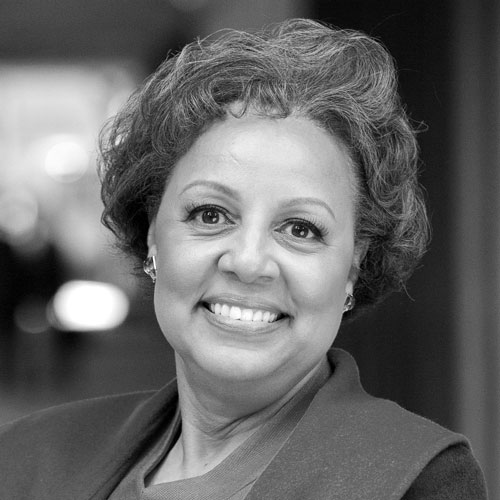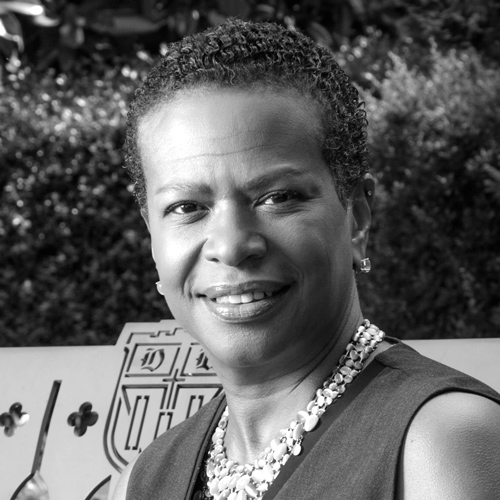Marissa Song fights for equality wherever she is. She has championed the rights of her LGBT coworkers at Gilead Sciences in her role as associate general counsel, corporate, where she spearheaded the formation of an LGBT community group, which later turned into Gilead’s formal LGBT employee resource group, in addition to other initiatives. But as passionate as Song is about these projects, her advocacy at work just scratches the surface of the impact she makes in her community.
Outside of Gilead’s offices, she also offers ad hoc legal services for the Silicon Valley Down Syndrome Network. To assist families who have children with special education needs, Song attends Individualized Education Program (IEP) meetings with students, writes letters to school districts on their behalf, and counsels parents on their children’s rights as they navigate primary and secondary education.
As Song explains, an IEP is a contract that you have with a school district, and it sets forth services that it is legally obligated to provide. “As you can imagine, schools try to minimize costs and services, and sometimes the services offered are not tailored to the individual needs of the students,” Song says. “A lot of the districts will take a cookie-cutter approach.”
The cause is particularly close to Song’s heart because she has a ten-year-old son who lives with Down’s syndrome who attends public school in Los Altos, California. Song strives to ensure that parents of students with Down’s syndrome are aware of the options their children have in order to secure a high-quality education, which isn’t always guaranteed, she says.
Sometimes, school districts will try to cut corners with special education students for a variety of reasons, Song explains. For example, she has seen some schools try to get parents to forfeit their child’s right to a diploma by having them sign a waiver exempting them from California standardized testing, because the schools are worried about the district’s test score averages. But under state law, students who don’t take certain California’s standardized tests are not eligible for a diploma, Song explains.
“There’s a lot of things that I don’t think these parents necessarily understand,” Song says, “and I’ve found that going to meetings as an advocate with them, schools are more likely to be more forthcoming with what they can offer.”
Song’s ultimate goal: to have students like her son provided adequate accommodations so he can obtain education like those who don’t require special education accommodations.
“Being an immigrant coming to America, I understand how difficult it is for the underrepresented to access fair treatment,” Song says. “As a minority, you relate with all minorities, really—whether LGBT or special needs. They all face the same challenges: inclusion, acceptance, and overcoming the stereotypes that people have about them.”
Song recently joined the Board of Disability Rights Legal Center, a nonprofit, public interest advocacy organization that champions the civil rights of people with disabilities through education, advocacy, and litigation. She hopes to continue to advocate for those who have disabilities both in the workplace and school setting.
Read more about Song’s initiatives in the upcoming issue of American Healthcare Leader.


